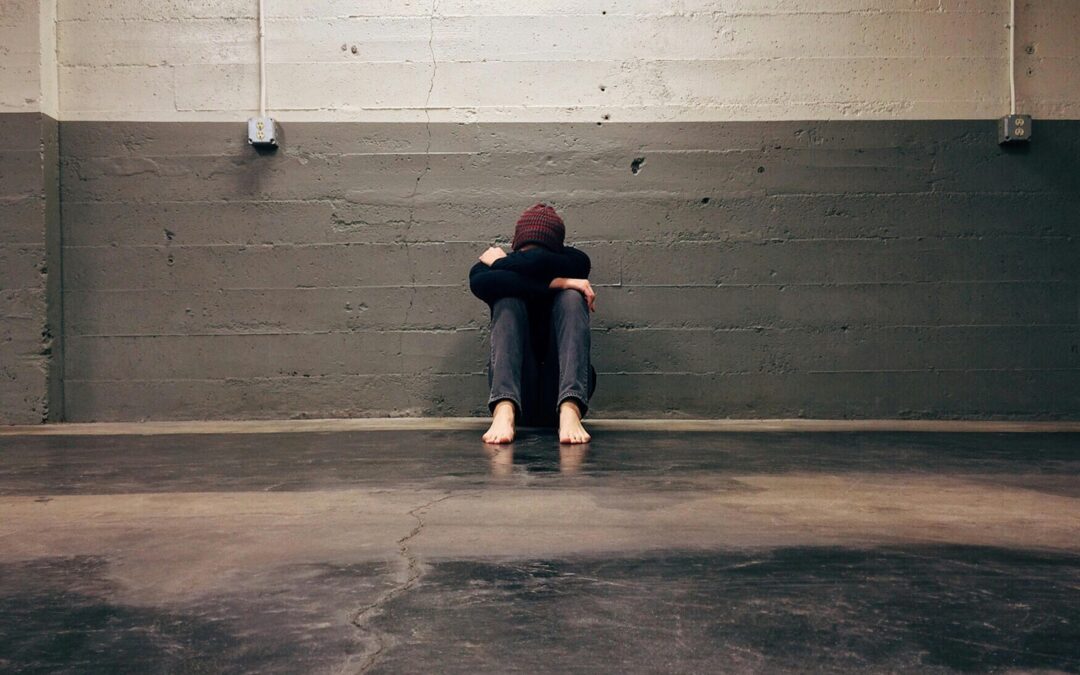Keep our news free from ads and paywalls by making a donation to support our work!

Notes from Poland is run by a small editorial team and is published by an independent, non-profit foundation that is funded through donations from our readers. We cannot do what we do without your support.
More than six in ten secondary school students in Poland say that they occasionally suffer bullying, while nearly 4% say it occurs on a daily basis, a new report shows.
The findings are based on a survey of 18,950 students from 96 schools located across most of Poland. The report was compiled by SWPS University in partnership with the NGO UNIQA Foundation.
“When we convert percentages into real students, it turns out that in our study, on average, one person per class experience different forms of aggression almost every day,” said Małgorzata Wójcik, a psychologist and co-author of the report.
The report defines bullying as “a particularly dangerous type of violence, involving prolonged harassment, humiliation and entrapment”.
According to the study, 62% of pupils reported being victims of such behaviour at least occasionally, while nearly 61% said they had witnessed peer violence in recent months. Of the students surveyed, 656 – or 3.8% – said they were bullied daily.
Meanwhile, nearly 35% of students also admitted to engaging in bullying behaviour, as defined by the report.
The most common form of bullying reported was mocking, cited by 23% of respondents. Other frequently mentioned types included the spreading of rumours (19%), social exclusion (17.6%), name-calling (17.5%) and ridicule (13%).
Identifying bullying can be “particularly challenging because such behaviour is often difficult for outsiders – like teachers – to notice”, the researchers noted in the report. “What may appear harmless on the surface can, from the victim’s perspective, be deeply painful, especially when it occurs repeatedly.”
Physical aggression was also reported: 12% of students said their belongings had been taken from them, 9.4% reported being pushed, 6.7% said their possessions had been destroyed, 3.2% had been held against their will, and 2.7% had been hit or kicked.
The researchers found no significant relationship between bullying and school size, location or academic performance as measured by final exam results (matura). However, perceived teacher behaviour – whether supportive or aggressive and unfair – was found to be correlated with the occurrence of bullying.
A survey of 185,000 school pupils in Poland found 28% saying they have no will to live and 9% that they have attempted suicide.
Though the study did not use random sampling, its authors say it points to a mental health crisis among young Poles https://t.co/RtyvrxfJd9
— Notes from Poland 🇵🇱 (@notesfrompoland) April 17, 2023
“A supportive teacher is not only a person who responds to violence, but above all someone who builds an atmosphere of mutual respect,” said Agnieszka Durst-Wilczyńska, president of the UNIQA Foundation. “It is in such classes that the risk of violence can be significantly reduced.”
The strongest factor contributing to the presence of bullying was the atmosphere. Researchers noted that “a supportive classroom atmosphere fosters a sense of belonging, acceptance and safety” whereas an environment “marked by rivalry, aggression or exclusion can lead to lower motivation, learning difficulties and emotional problems“.
The survey also asked pupils about feelings of loneliness. Over 70% admitted to feeling lonely, with 24% reporting high or very high levels of loneliness.
The findings align with earlier studies indicating a worsening of mental health among Polish youth. A UNICEF report released earlier this year found that the proportion of children and adolescents in Poland who report feeling happy fell from 75% in 2019 to 59% in 2024, along with a sharp drop in the number of students who believe their rights are respected by teachers.
UN children's agency @UNICEF warns that "the psychosocial condition of children is deteriorating" in Poland.
It found that 59% of children report feeling happy, down from 75% in 2019. Only 38% say teachers respect their rights, compared to 70% previously https://t.co/9yKLppa5kK
— Notes from Poland 🇵🇱 (@notesfrompoland) February 5, 2025
Main image credit: Pixabay / Pexels

Alicja Ptak is deputy editor-in-chief of Notes from Poland and a multimedia journalist. She has written for Clean Energy Wire and The Times, and she hosts her own podcast, The Warsaw Wire, on Poland’s economy and energy sector. She previously worked for Reuters.



















